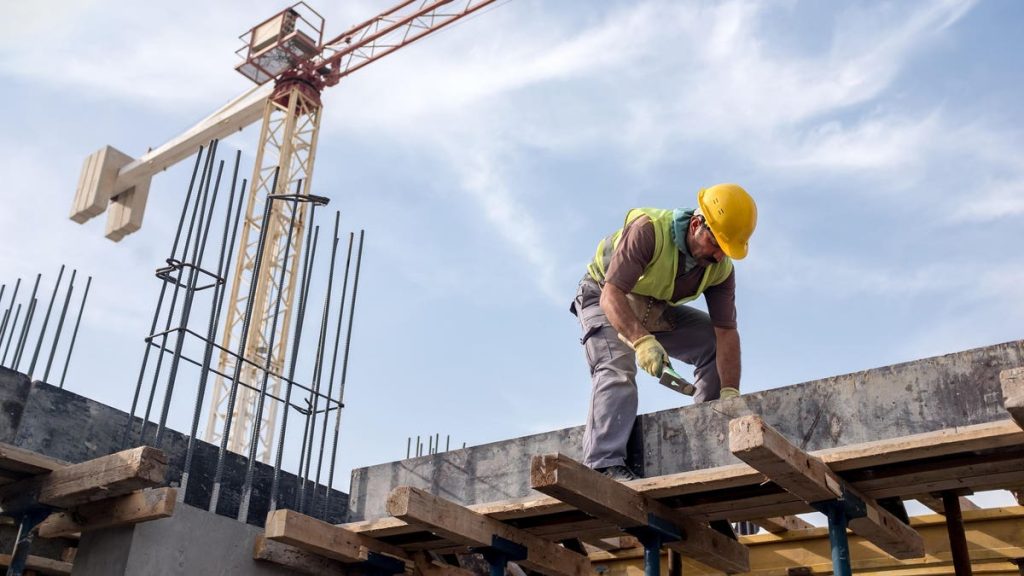JLL released its Construction Trends and Mid-Year Outlook several days ago, updating its 2023 Construction Outlook published in March.
The new report, with its updated set of projections, highlights several hurdles the industry faces during a time of enormous economic uncertainty. Specifically, the report examines general construction industry health, along with the state of the labor market, materials availability and overall costs.
Focusing first on industry health, the report noted that while the field has enjoyed increased activity this year, rising interest rates and tighter lending standards have led to a slump in construction starts since June.
A heated market is up against the growing likelihood of a cool down, leading to substantial hurdles for the industry. JLL forecasts a construction start slowdown that will extend significantly into next year, the byproduct of interest rates that aren’t anticipated to peak until late this year. Look for construction activity to differ widely from sector to sector, rendering specialization and complexity management increasingly critical in driving contractor success, the authors predict.
At the same time, the challenge of finding and keeping labor continues to bedevil the industry. Construction faces many of the structural labor woes and high labor costs other industries confront in the post-pandemic world. Fold in declining productivity, and it’s no surprise many construction firms are doubling down on talent retention.
Construction sectors buttressed by public spending plan to continue adding workers to their payrolls, as they scarcely miss a beat.
On the other hand, the sectors anticipating plummeting construction starts are already beginning to pare their employee ranks.
The big, and worrisome, picture, JLL reports, is that for the foreseeable future, construction activity per employee is expected to stay above pre-pandemic levels, while employment growth will remain stubbornly below industry requirements.
Materials costs
There’s good news on the materials front. Supply chain dynamics have reverted to something approaching traditional norms, while future cost hikes are predicted to be governable. Elevated lead times characterized the first half of the year, particularly in mechanical, electrical and plumbing goods. Here, materials supply is failing to keep pace with the burgeoning need for data centers and electrification.
As they look ahead, industry prognosticators see a return to single-digit inflation. Prices of materials are predicted to continue increasing at their present moderate rate. But costs will ease further as ebbing activity results in a clearing of the current pipeline. At the same time, some materials are experiencing supply pressures.
That is the case, for instance, with Canadian softwood, whose supply has been hurt by summer wildfires.
Total costs
Costs in the industry have stabilized, making for the slowest growth period since just after the emergence of Covid-19 was termed an international emergency. That has buoyed contractors’ outlooks, even while activity levels have moderated.
Building construction starts have declined, leading JLL’s report authors to forecast active build construction to dwindle by a fifth in the first months of next year.
At the same time, wage growth will stay elevated at a projected rate of five to seven percent, while materials costs are expected to average four percent. In addition, lead times have improved, resulting in inventories being established for more products.
The expected slowdown – and contractors’ response to it – have precipitated a decline in total costs over the course of the summer months. JLL’s expectation is for a total cost growth of two to four percent. But it cautions that the “average total cost increases by sector will look very different.”
Read the full article here



